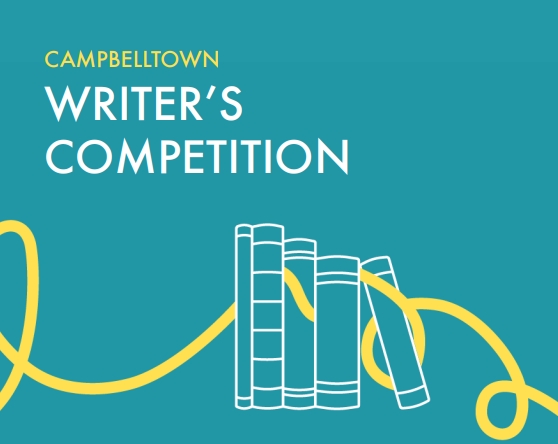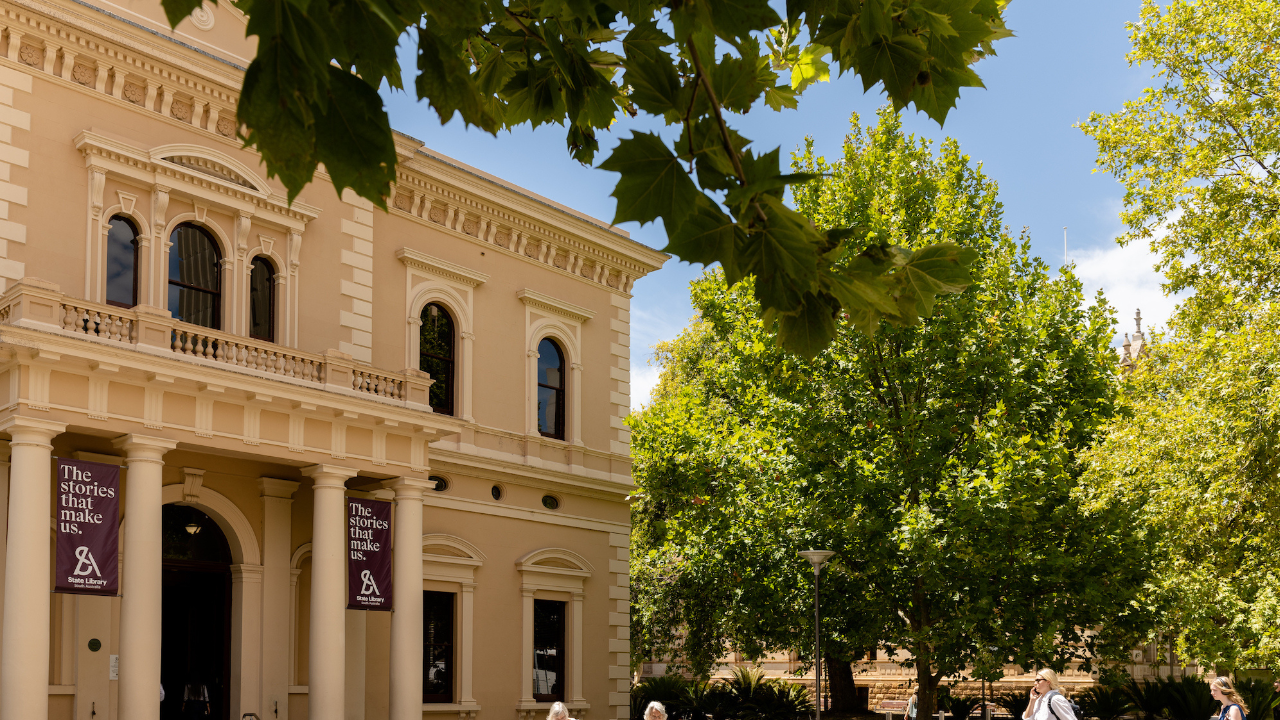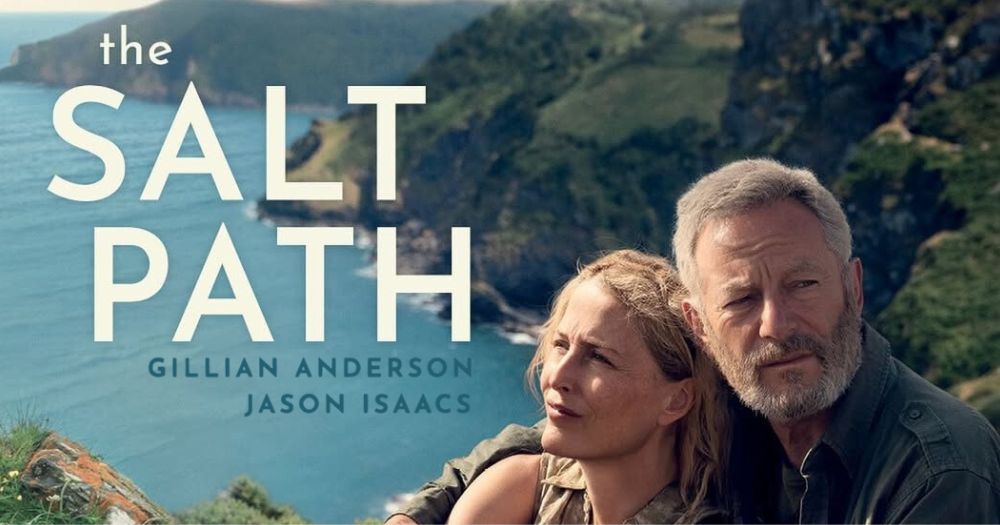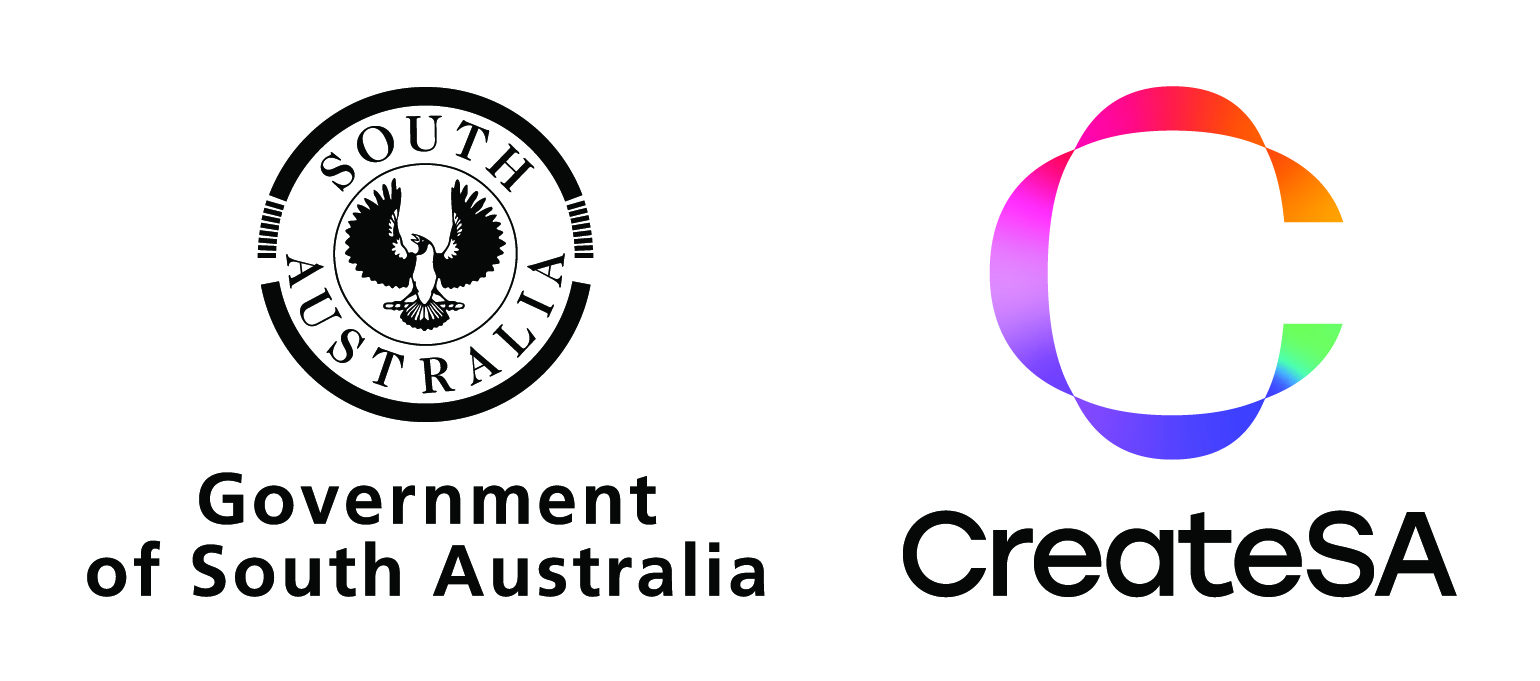
Her short story ‘No Other Men in Mitchell’ was nominated for an Australian Shadows Award and her poem ‘Metal Fume Fever’ won the 2014 Axel Clark Memorial Prize for Poetry. She has been shortlisted for the Judith Wright Poetry Prize and longlisted for the Ron Pretty Poetry Prize and the Richell Prize for Unpublished Manuscripts.
Her short fiction has appeared in Nightmare, Poetic Justice: Contemporary Australian Voices on Equality and Human Rights, and f(r)iction, and her non-fiction can be found in The Guardian and the Sydney Morning Herald.
Rose holds a Bachelor of Creative Arts (Creative Writing) from the University of Melbourne. She is represented by Catherine Drayton at InkWell Management Literary Agency. Rose’s novel, Maggie’s Going Nowhere, is out now with Penguin Random House.
Ahead of her upcoming in person workshop on Writing with Humour and Heart we chatted with Rose about the writing life and being funny on the page.
What are you reading right now?
I just finished Sea of Tranquility by Emily St John Mandel, a beautiful novel set across time and space that features multiple pandemics and time travel. I love everything she writes. I’m not ready to move onto another contemporary novel, so I’ve started re-reading Anna Karenina. I like to revisit it every few years.
What are you writing right now/ what can readers expect to see published soon?
I’m putting the final touches on a new manuscript that I will send to my agent very soon. I can’t say much about it because it hasn’t sold yet, but it’s a family dramedy featuring a disgraced entrepreneur.
Where do you write and when?
I have a study in my new place (I’ve just moved back to Adelaide after an 18-month stint in Melbourne) and I write most days at a gorgeous mid-century desk that my fiancé bought me as a wedding gift. My writing routine has been a little ad hoc for a while but I work best early in the morning.
Pen or PC?
Laptop all the way! My handwriting is terrible. I blame it on being left-handed.
Best writing snack?
Coffee and fruit salad.
Your debut novel Maggie’s Going Nowhere was published in 2020, can you tell us a little bit about its path to publication?
I wrote the first few drafts of Maggie’s Going Nowhere very haphazardly over several years. I won a mentorship with Hachette to workshop it in 2015 but ultimately they decided not to take it, so I kept re-working it. In 2017 I signed with my agent, Catherine Drayton at InkWell, whose assistant saw my name on the list of Varuna Fellowship recipients and read one of my short stories online. She asked if I had any full length manuscripts and I sent what was the fifth draft of Maggie’s Going Nowhere. I revised it twice more before it was ready to submit to publishers. I was crossing my fingers that Penguin Random House would make an offer, and in 2018 they did! Another 18 months of editing, cover design, proofreading etc and it came out in January 2020.
What are some of your favourite books that combine humour and emotional depth?
Less by Andrew Sean Greer, We Are All Completely Beside Ourselves by Karen Joy Fowler, My Sister the Serial Killer by Oyinkan Braithwaite, and Theft by Peter Carey are all by turns hilarious and heartbreaking. Margaret Atwood and George Saunders weave humour into their stories and novels beautifully, too.
Do you have any advice for emerging SA writers?
Join Writers SA and go to lots of workshops. Aside from gaining new skills you’ll meet lovely people. Also, apply for as many opportunities as you can – residencies, fellowships, grants, mentorships, writers festivals – because every new experience you seek out will deliver more opportunities down the road.
Best and most challenging parts of being a writer?
The two best parts are the friendships I’ve made with other writers through workshops and writing groups, and the act of writing itself. There’s nothing better than inventing characters, dialogue, relationships, and worlds, and playing with language.
The two hardest parts are the anxiety that comes with the territory – not knowing if your work is going to be published at all or received well once it is out there – and the act of writing itself (LOL). It’s bloody hard, especially over the length of a novel.
Books you re-visit when you want to remember how great writing can be?
Aside from the books I mentioned above: anything by Ursula K Le Guin, Housekeeping by Marilynne Robinson, and Random Acts of Senseless Violence by Jack Womack. Also there’s an extraordinary short story by Alice Munro called ‘Free Radicals’ that I must have read ten times – you think it’s one kind of story, but then right in the middle it takes a radical turn and becomes something completely different. Not many writers could pull that off, but she does.
What can participants expect from your workshop?
We’ll spend a bit of time on character, looking at what kinds of characters and relationships are inherently funny and perhaps do a few exercises mining our own experiences. We might also do a bit of analysis on some pieces of writing and try to pinpoint exactly what makes the text funny – whether through the language, juxtapositions, jokes, whatever. I’m hoping participants will come away feeling confident that they can use their natural comedic instincts and lean into their own taste and their own voice to create humour in their work. We’ll also spend some time on tone, because getting the tone right is key to the “heart” in the Writing Humour and Heart workshop title!
Without giving too much away, what are some of the key elements of writing comedy?
Contradiction and surprise.
Places are still available for Rose Harley’s in person afternoon workshop Writing with Humour and Heart. Members receive 30% off the price of all workshops and events, join here for as little as $60.







